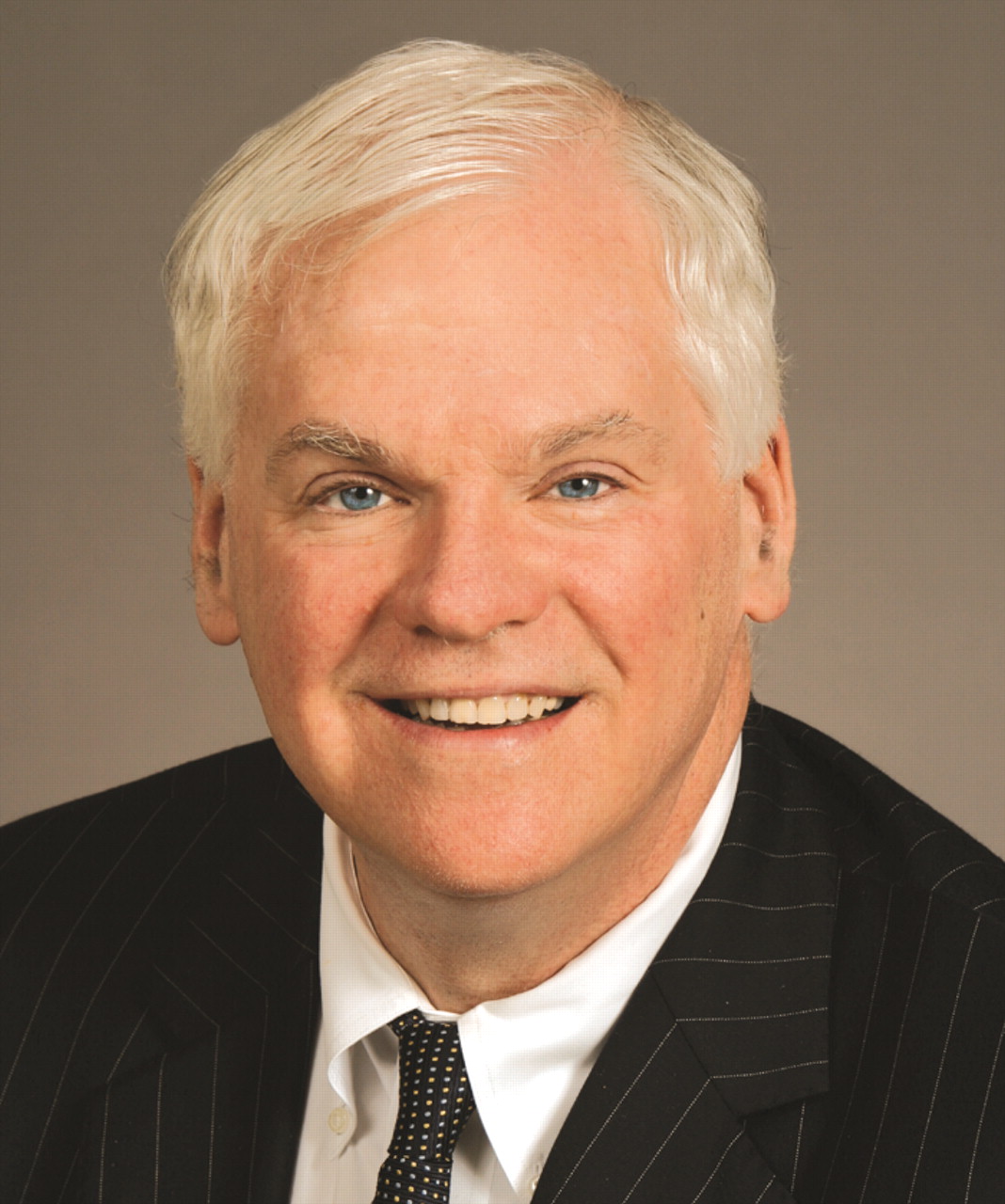APA’s Annual Meetings Department Working for You

APA’s Institute on Psychiatric Services will be held October 29 to November 2, in Boston (see Original article: pages 27 and Original article: 28). This is a small educational meeting held annually focusing on clinical and service programs, especially those that provide an array of services and clinical innovations to meet the needs of the most challenging patients.
The revenue generated from annual meetings is APA’s second highest source of revenue, which is used to offset the costs of other APA projects.
The Annual Meetings Department (AMD) coordinates both the logistics and scientific programs of APA’s annual meeting and the Institute on Psychiatric Services. AMD staff are responsible for coordinating all meeting logistics; publication printing; meeting publicity; registration; housing; busing; budgeting; contracts; vendor selection; ceremonial events (Opening Session and Convocation); staff coordination (including staff meetings and orientation); maintenance of historical databases, reports, and files; space assignments; site selection; and shipping.
AMD is also responsible for all logistical arrangements for governance meetings (Board of Trustees, Area Councils, Assembly, fall component meetings), and other APA meetings held throughout the year (committee meetings, Legislative Institute, and so on). Staff work closely with the Scientific Program Committees for both meetings by providing administrative support and meeting coordination.
The department is staffed by 19 employees, with an annual budget of $1.4 million. While the revenue generated from the meetings varies from year to year, the average total annual gross revenue for both meetings is approximately $14.8 million. The annual meeting alone nets anywhere from $2.5 million to $4.3 million a year.
Here’s how we do it:
It starts with submissions to present a scientific session—an average of 1,750 for the annual meeting and 550 for the institute are processed each year. Many formats are offered—Advances in Research, Forums, Symposia, Industry-Supported Symposia, Lectures, Workshops, Scientific and Clinical Reports, Debates, Medical Updates, Review of Psychiatry Sessions, Caucuses, Innovative Programs, CME Courses, New Research Sessions, Clinical and Continuous Case Conferences, Distinguished Speakers, Research Advances in Medicine, Discussion Groups, Full-Day Sessions, Master Educator Clinical Consultations, Posters, Leadership and Career Development Seminars, Research Consultation With Series, and other invited and special sessions. Additionally, the department acquires and processes commercial support for symposia and various meeting activities.
Staff also prepare the program materials for 10 books for the annual meeting and five books for the institute, process more than 5,000 disclosure forms for both meetings, and coordinate audiotaping of 170 annual meeting sessions and 60 institute sessions.
Publicizing the meeting takes on a variety of forms—detailed information is posted on the APA Web site, advertisements and articles appear in our publications, and postcards and flyers are sent to all APA members, prospective members, medical students, and other mental health professionals.
With about 20,000 annual meeting attendees and 2,000 institute attendees, the registration process is monumental. AMD staff, along with temporary staff, enter data into the computer, confirm and acknowledge registrations and course enrollment, process monies and receipts, process cancellations and issue refunds, and prepare status reports.
Site visits are conducted prior to the meetings, and space assignments for the sessions are made. Staff secure buses, housing (up to 9,000 rooms on peak nights), audiovisual equipment, decorators, and all vendors needed to make the meeting successful.
On site, AMD staff manage the logistics for more than 600 scientific sessions, 160 allied meetings, and 225 component meetings; assist with registration; staff the Annual Meeting Office, where staff solve problems and provide membership support; check sessions to ensure program quality and compile statistical data; and manage the housing and shuttle bus services.
Following each meeting, staff prepare a critique for the purposes of implementing changes and enhancements for future meetings.
Final planning is under way for this fall’s institute. APA’s 2004 annual meeting will be held May 1 to 6 in New York. We look forward to your attendance at both of these important meetings.
Feel free to e-mail your questions and comments to me at [email protected]. ▪



